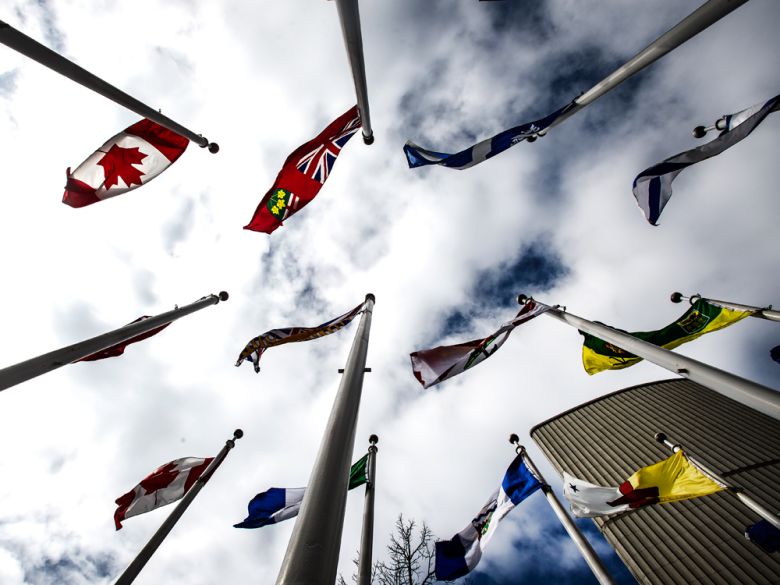Québec understands the current difficulties of the energy-producing provinces and wants them to prosper. Our government shares their concerns about the economic challenges they are facing, and the hardships experienced by families living there. Québec is part of the solution and favours a fact-based dialogue with other provinces. We have a lot in common with the Western provinces and we believe that together, we can accomplish a lot more.
Since the reversal of Enbridge’s Line 9B, Québec’s oil imports from Western Canada went from less than five per cent in 2012 to almost 50 per cent of its total supply in 2018, making it one of the Western provinces’ best new customers. It must also be noted that the Energy East pipeline project was abandoned in 2017 and that no oil pipeline projects are currently underway in Québec. However, a gas pipeline project with an LNG plant, GNL Québec, is currently under evaluation. Québec is also contesting Bill C‑69 alongside Alberta because it believes that provinces have the ability to properly evaluate their own major economic projects.
For the medium to long term, Québec’s plan is to increase its potential GDP and therefore its fiscal autonomy. At the moment, Québec accounts for 22.6 per cent of the population of Canada, represents 19.8 per cent of its economy and contributes 18.1 per cent of federal revenues.
The Québec government is determined to raise Québec’s potential GDP growth to two per cent in order to close the wealth gap with the rest of Canada and assume greater economic leadership within the federation. It is investing in education, stimulating private investments and boosting labour supply to increase wealth; in addition, Québec’s efforts to reduce debt will also increase wealth and make a lasting difference in the lives of its citizens.
Québec will receive equalization payments totalling $13.1 billion in 2019-2020, the amount being mostly determined based on the size of its population. Québec is the province that receives the smallest amount per capita. The long-term goal of the Québec government is to stop receiving equalization payments.
STORY CONTINUES BELOW
Québec’s reforms are already producing results. Due to the improvement in Québec’s economic performance relative to the rest of Canada over the past two years, it is expected that Québec’s share of equalization payments will decrease significantly over the coming years.
Equalization is a federal transfer program funded by Ottawa. Quebecers contribute to equalization just like any other Canadians; it is therefore wrong to suggest that Alberta sends equalization payments directly to Québec. Equalization is determined according to the fiscal capacity of each province to generate revenue. Alberta has the highest fiscal capacity amongst all provinces and therefore receives no payments.
As a member of the federation, Québec defends the principle underlying equalization. This is the only transfer program to the provinces whose purpose is set out in the Constitution. Its objective is to give the provinces “sufficient revenues to provide reasonably comparable levels of public services at reasonably comparable levels of taxation.” This principle reflects Canadian values, because it allows every citizen, regardless of their place of residence, to have access to public services of comparable quality.
Equalization is not the only relevant federal transfer program, however. Since 1967, the federal government’s fiscal stabilization program has helped provinces facing economic challenges. This program is not adapted to today’s reality, however, and must be reviewed. For example, transfers from the program have been capped at $60 per capita since 1987. Québec supports Alberta’s proposal that the federal government make the necessary improvements to this program. Indeed, Québec wants Alberta, Saskatchewan, and all Canadian provinces to prosper.
The Québec government intends to continue its efforts to accelerate Québec’s economic development and create wealth. It is determined to increase the potential of its economy and its fiscal autonomy. Someday, Québec will no longer receive equalization payments, and this will be a great day for Québec and Canada.
Eric Girard is Quebec’s finance minister.
























